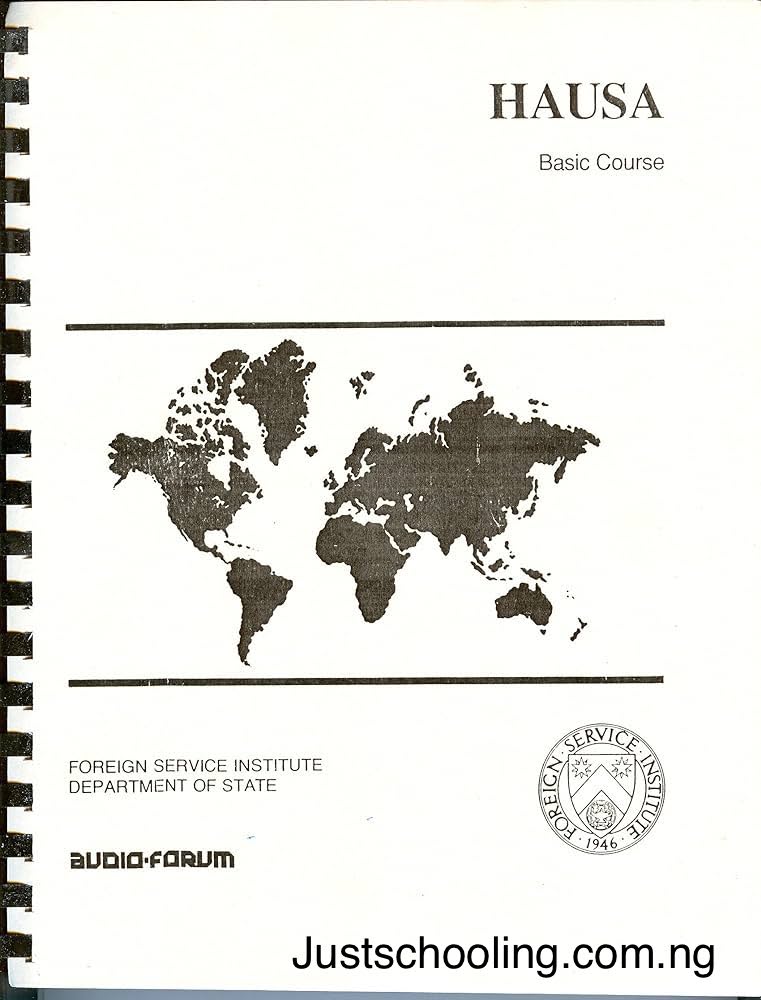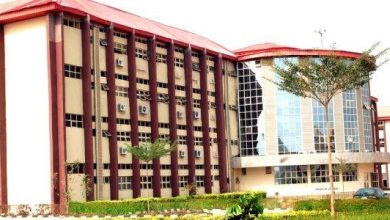Universities With the Lowest Cut-Off Marks For Hausa
Are you trying to find the list of Nigerian universities with the lowest cut-off mark required to get admitted to the hausa programs? Read on to know Nigeria Universities with the lowest cut-off mark.
If you want to pursue a career in hausa,but are unsure about the most recent JAMB cutoff mark for a course like Hausa. Here is a list of Nigerian institutions that have cut-off mark that we have verified; it is the lowest of all the universities in Nigeria that provide hausa program.
READ ALSO: List Of Universities That Has Lowest Cut-off Mark For Genetics and Biotechnology
Universities With the Lowest Cut-Off Marks For Hausa in Nigeria

To gain admission into an Hausa program at a Nigerian university, meeting the cut-off mark for the subject is essential. The following universities have some of the lowest cut-off marks for Hausa program:
1. University of Ilorin (UNILORIN)
Cut off mark: 180
In Ilorin, Kwara State, Nigeria, there is a federal government-owned institution called institution of Ilorin, or Unilorin.In August of 1975, a federal military government decree formed it.The establishment sought to carry out one of the Third National Development Plan’s educational directives, which sought to give Nigerians who aspired to a university education more opportunities to do so and to produce high-level labour, which is essential for the country’s quickly growing economy. With an approximate total size of 15,000 hectares, the institution has one of the largest land expanses in the nation when compared to other higher education institutions .According to the Joint Admission Matriculation Board (JAMB), it will be the most popular university in Nigeria in 2021.Additionally, the university was declared the top choice for the 2023 Unified Tertiary Matriculation Examination (UTME) by JAMB Head Professor Ishaq Oloyede, marking the tenth year in a row.
2. Kaduna State university (KASU)
Cut off mark: 170
Being centrally located between the federal capital and other states makes Kaduna State University stand out. A rich academic environment is fostered by the wide pool of experts drawn to this central position. The university provides a supportive learning environment and is dedicated to excellence in teaching, research, and community involvement. Modern facilities and a vibrant faculty enable Kaduna State University to offer a comprehensive education that equips students for problems they will face in the real world. Select KASU for an educational experience that will change your life, where creativity, variety, and a dedication to making a difference in society come together for a better tomorrow.
3. University of Maiduguri (UNIMAID)
Cut off mark: 160
The capital city of Borno State in northeastern Nigeria, Maiduguri, is home to the University of Maiduguri (UNIMAID), a Federal institution of higher learning.
The university was founded by the Nigerian federal government in 1975 with the intention of it becoming one of the main institutions of higher learning in the nation.
The University of Maiduguri accepts students from all around Nigeria, regardless of ethnicity, culture, or religion, due to its enormous student and staff population.
4. Yusuf Maitama Sule University
Cut off mark: 170
The Kano State Government owns Yusuf Maitama Sule University (YUMSU), Kano, a Nigerian university that is also administered by the state government.
5. Nasarawa State University, Keffi (NSUK)
Cut off mark: 180
NASARAWA STATE UNIVERSITY, KEFFI, was founded in accordance with State House of Assembly-passed Nasarawa State Law No. 2 of 2001 (see 2.2). Under the governor’s energetic and innovative leadership, the university was established. (Dr.) Abdullahi Adamu, the first governor of Nasarawa State to be elected democratically (Sarkin Yakin Keffi, Aare Obateru of the source, Ile-Ife).
The primary goal of the university’s founding was to give Nasarawa State natives a way to pursue higher education. This will, in the long run, prepare graduates and give them the necessary skills for the advancement of their state and the nation as a whole. As a result, Governor Adamu was “driven by the intense desire to propose solutions to the ongoing issue of severe shortage in the human resource base that faces our young state.”
READ ALSO: List Of Universities That Has Lowest Cut-off Mark For Industrial Chemistry
FAQS
What is the education of hausa?
Hausa children start attending Koranic schools (schools whose instruction is based on the Islamic sacred scripture, the Koran) at the age of six or so. In addition to learning the scriptures by heart, they also study Islam’s customs, beliefs, and values.
What is the hausa occupation?
The most skilled jobs held by the Hausa peoples include those of a blacksmith, fisherman, hunter, farmer, and miner (usually of salt). The Hausa people are renowned for their craftsmanship and aptitude in labor-intensive fields. The Hausa people perform the labor-intensive and challenging jobs.
Are Hausa people Arabic?
No, Hausa and Arabic are not the same language; they have different vocabulary, grammar, and roots. The Hausa people speak Hausa, a Chadic language, mostly in West Africa, especially in Nigeria, Niger, and some areas of other nearby nations.









